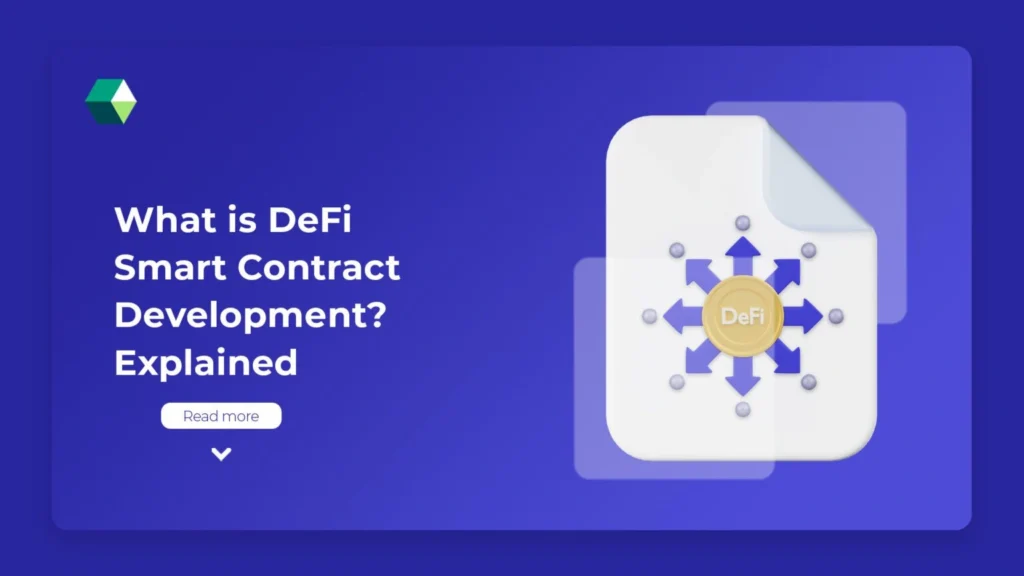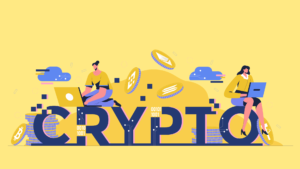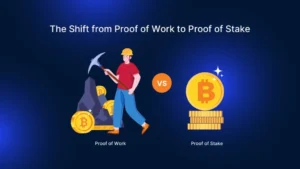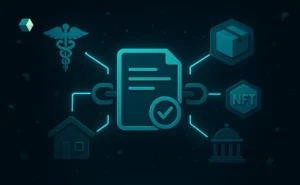
Key Takeaways
-
Decentralized finance contracts enable direct, low-cost digital transactions.
-
They power lending, trading, staking, and insurance without intermediaries.
-
Security, scalability, and compliance remain crucial for long-term success.
-
DeFi market TVL crossed $120B in mid-2025, reflecting massive adoption.
-
Active global users rose 11% in just five months.
The Power of Decentralized Finance Contracts
The financial sector is undergoing a revolutionary transformation through decentralized finance contracts. These blockchain-based agreements allow peer-to-peer transactions without the need for banks or brokers. Once predefined conditions are met, the contracts automatically execute, ensuring transparency, trust, and cost efficiency.
For businesses and startups, decentralized finance contracts provide scalable, automated, and secure access to the decentralized ecosystem, making them a critical driver of innovation.
How Decentralized Finance Contracts Differ from Traditional Systems
Traditional financial models rely heavily on intermediaries, delays, and fees. In contrast, decentralized finance contracts replace these inefficiencies with transparent and auditable code.
-
Conventional finance depends on banks and third parties.
-
DeFi contracts run purely on blockchain protocols.
-
Bank settlements may take days, while decentralized contracts settle within minutes.
-
Service charges are replaced by automated and low-cost execution.
This shift is why decentralized contracts are rapidly gaining traction globally, especially in underbanked regions.
Real World Applications of Decentralized Finance Contracts
Lending and Borrowing
Users can lend or borrow crypto seamlessly. Borrowers lock collateral into a contract for instant liquidity, while lenders earn interest automatically.
Decentralized Exchanges (DEXs)
DEXs enable token swaps directly from wallets, eliminating middlemen. Liquidity pools and automated market makers ensure fast and fair trades.
Yield Farming and Staking
Participants lock tokens in pools to earn rewards. Decentralized contracts automate reward distribution, boosting liquidity and engagement.
Decentralized Insurance
Insurance claims like flight delays or natural disaster payouts are processed instantly through contracts, reducing fraud and increasing fairness.
Challenges in Decentralized Finance Contracts
Despite their benefits, these systems face hurdles:
-
High gas fees on congested networks.
-
Security vulnerabilities from hacks.
-
Limited scalability during high transaction volumes.
-
Regulatory uncertainty in global markets.
-
Complex UX for mainstream adoption.
Decentralized Finance Market in 2025
The growth of decentralized contracts reflects DeFi’s exponential adoption:
-
Total Value Locked (TVL): $86B in April → $126B in July 2025 (+46%).
-
Market Share: Ethereum (51%), Solana (8%), BNB (6%), Bitcoin (5.6%), Tron (5.1%).
-
User Growth: 24.6M in 2024 → 27.3M in 2025 (+11%).
-
Market Size: $20.4B in 2024 → $231B by 2030 (~54% CAGR).
These stats highlight a fundamental financial transformation led by blockchain-powered contracts.
Common Mistakes to Avoid
-
Skipping audits and security testing.
-
Poor liquidity management strategies.
-
Ignoring regulatory compliance.
-
Weak tokenomics and governance models.
-
Overlooking user-friendly design.
Why Businesses Need Decentralized Finance Contracts
Companies leverage decentralized finance contracts to build scalable and secure digital ecosystems. These contracts automate lending, governance, and token operations while reducing costs. Regular audits and compliance ensure platforms are safe and reliable, empowering enterprises to remain competitive.
The Future of Decentralized Finance Contracts
Decentralized contracts represent the backbone of financial freedom. They eliminate intermediaries, accelerate access to global markets, and bring opportunities to underserved regions. As trust shifts from institutions to blockchain protocols, decentralized finance contracts will continue shaping the foundation of tomorrow’s economy.







